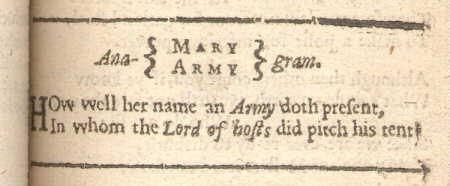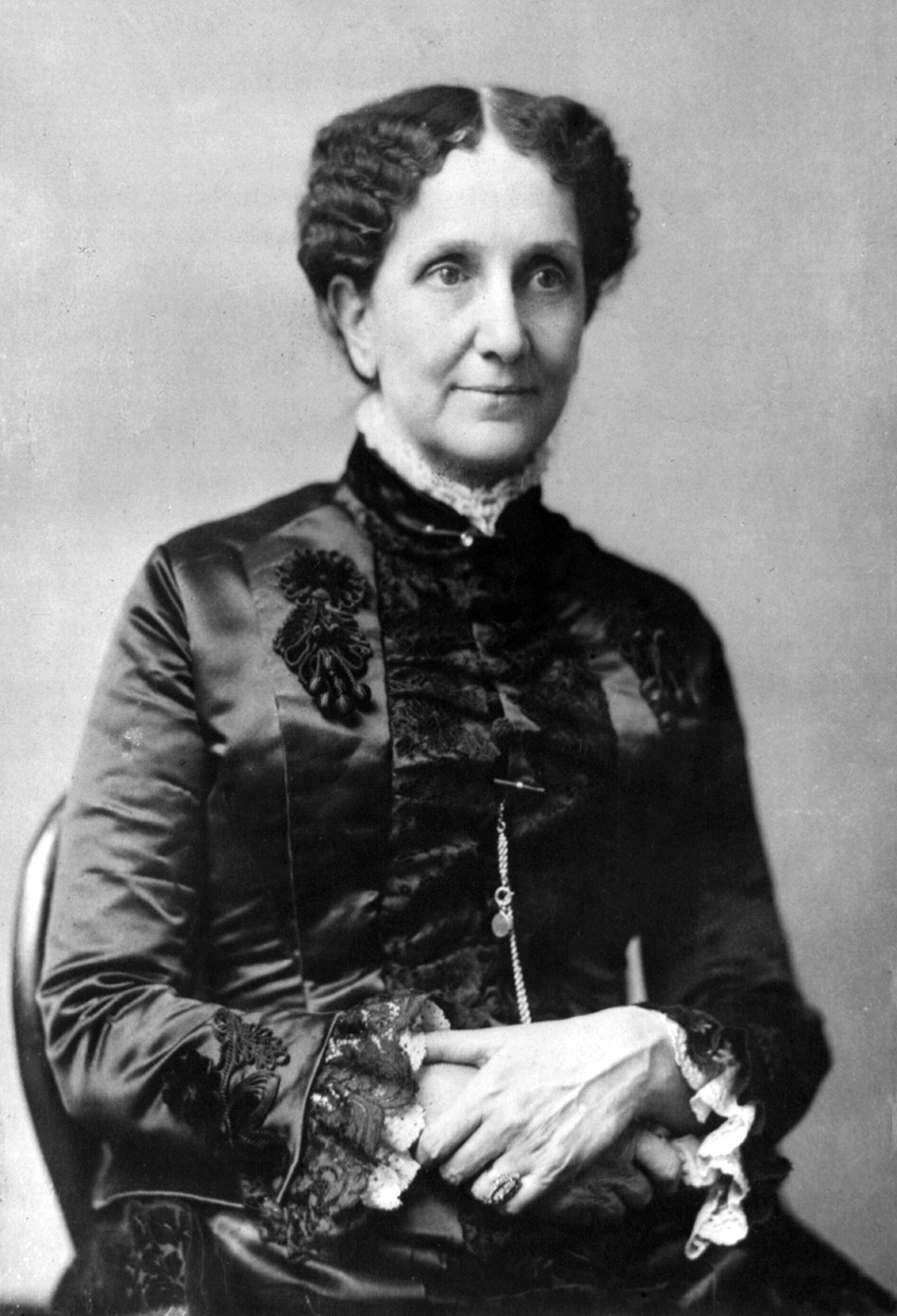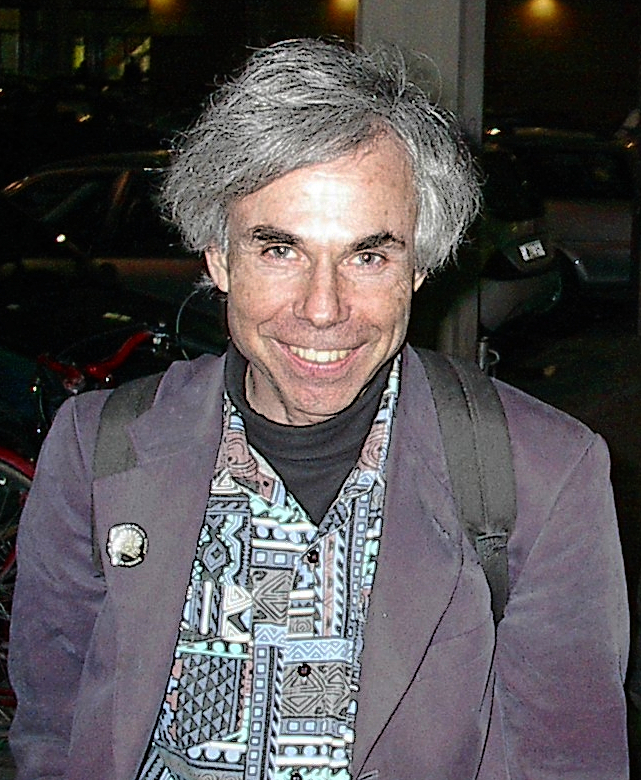|
David Shulman
David Shulman (November 12, 1912 – October 30, 2004) was an American lexicographer and cryptographer. Shulman contributed many early usages to the ''Oxford English Dictionary'' and is listed among "Readers and contributors from collections" for the 1989 second edition of the OED. He said that he felt most at home in the New York Public Library, undertaking his lexicographic research there and donating many valuable items to it. Shulman described himself as "the Sherlock Holmes of Americanisms". Shulman was a member of the American Cryptogram Association from 1933, and was a champion Scrabble player. At the age of 23 he wrote " Washington Crossing the Delaware," a 14-line sonnet in which every line is an anagram of the title. Works * Shulman, David. An Annotated Bibliography of Cryptography. New York, London: Garland Publishing Co., 1976. * Shulman, David. Supplement to An Annotated Bibliography of Cryptography. 1985. * "Scientists Baffled: George Washington Spotted on Venus! ... [...More Info...] [...Related Items...] OR: [Wikipedia] [Google] [Baidu] |
Lexicographer
Lexicography is the study of lexicons and the art of compiling dictionaries. It is divided into two separate academic disciplines: * Practical lexicography is the art or craft of compiling, writing and editing dictionary, dictionaries. * Theoretical lexicography is the scholarly study of semantic, orthography, orthographic, syntagma (linguistics), syntagmatic and paradigmatic features of lexemes of the lexicon (vocabulary) of a language, developing theories of dictionary components and structures linking the data in dictionaries, the needs for information by users in specific types of situations, and how users may best access the data incorporated in printed and Electronic dictionary, electronic dictionaries. This is sometimes referred to as "metalexicography". There is some disagreement on the definition of lexicology, as distinct from lexicography. Some use "lexicology" as a synonym for theoretical lexicography; others use it to mean a branch of linguistics pertaining to th ... [...More Info...] [...Related Items...] OR: [Wikipedia] [Google] [Baidu] |
Anagrammatic Poem
Anagrammatic poetry is poetry with the constrained form that either each line or each verse is an anagram of all other lines or verses in the poem. A poet that specializes in anagrams is an anagrammarian. Writing anagrammatic poetry is a form of a constrained writing similar to writing pangrams or long alliterations. List of anagrammatic poems * Archive of Literary Anagrams: Hundreds of long anagrams of poetic and literary subjects by over 50 contributors, including the longest literary anagram ever created. *Eight Poems in the Manner of OuLiPo, by Kevin McFadden * Oh Damn! Must I Refrigerate?: Anagrammatic poem by Cory Calhoun of the title and first eight lines of Shakespeare's sonnet "The Marriage of True Minds." * Dianagrams and Monica Lewinsky by Pip Eastop * Rishi Talks to Katie: a dialogue between two high school students: a text's sentences are rearranged, then its words, then its letters * In the French poem ''Ulcérations'' by Georges Perec, every line is an anagram o ... [...More Info...] [...Related Items...] OR: [Wikipedia] [Google] [Baidu] |
Modern Cryptographers
Modern may refer to: History *Modern history ** Early Modern period ** Late Modern period *** 18th century *** 19th century *** 20th century ** Contemporary history * Moderns, a faction of Freemasonry that existed in the 18th century Philosophy and sociology * Modernity, a loosely defined concept delineating a number of societal, economic and ideological features that contrast with "pre-modern" times or societies ** Late modernity Art * Modernism ** Modernist poetry * Modern art, a form of art * Modern dance, a dance form developed in the early 20th century * Modern architecture, a broad movement and period in architectural history ** Moderne, multiple architectural styles ** Modernisme a.k.a. Catalan Modernism * Modern music (other) Geography *Modra, a Slovak city, referred to in the German language as "Modern" Typography * Modern (typeface), a raster font packaged with Windows XP * Another name for the typeface classification known as Didone (typography) * Modern, ... [...More Info...] [...Related Items...] OR: [Wikipedia] [Google] [Baidu] |
2004 Deaths
This is a list of lists of deaths of notable people, organized by year. New deaths articles are added to their respective month (e.g., Deaths in ) and then linked below. 2025 2024 2023 2022 2021 2020 2019 2018 2017 2016 2015 2014 2013 2012 2011 2010 2009 2008 2007 2006 2005 2004 2003 2002 2001 2000 1999 1998 1997 1996 1995 1994 1993 1992 1991 1990 1989 1988 1987 1986 Earlier years ''Deaths in years earlier than this can usually be found in the main articles of the years.'' See also * Lists of deaths by day * Deaths by year (category) {{DEFAULTSORT:deaths by year ... [...More Info...] [...Related Items...] OR: [Wikipedia] [Google] [Baidu] |
1912 Births
This year is notable for Sinking of the Titanic, the sinking of the ''Titanic'', which occurred on April 15. In Albania, this leap year runs with only 353 days as the country achieved switching from the Julian to Gregorian Calendar by skipping 13 days. Friday, 30 November ''(Julian Calendar)'' immediately turned Saturday, 14 December 1912 ''(in the Gregorian Calendar)''. Events January * January 1 – The Republic of China (1912–49), Republic of China is established. * January 5 – The Prague Conference (6th All-Russian Conference of the Russian Social Democratic Labour Party) opens. * January 6 ** German Geophysics, geophysicist Alfred Wegener first presents his theory of continental drift. ** New Mexico becomes the 47th U.S. state. * January 8 – The African National Congress is founded as the South African Native National Congress, at the Waaihoek Wesleyan Church in Bloemfontein, to promote improved rights for Black people, black South Africans, with Joh ... [...More Info...] [...Related Items...] OR: [Wikipedia] [Google] [Baidu] |
The Christian Science Monitor
''The Christian Science Monitor'' (''CSM''), commonly known as ''The Monitor'', is a nonprofit news organization that publishes daily articles both in Electronic publishing, electronic format and a weekly print edition. It was founded in 1908 as a daily newspaper by Mary Baker Eddy, founder of the new religious movement Christian Science, Church of Christ, Scientist. Since its founding, the newspaper has been based in Boston. Over its existence, seven ''Monitor'' journalists have been awarded the Pulitzer Prize, including Edmund Stevens (1950), John Hughes (editor), John Hughes (1968), Howard James (1968), Robert Cahn (1969), Richard Strout (1978), David S. Rohde (1996), and Clay Bennett (cartoonist), Clay Bennett (2002)."Pulitzer Prizes" at ''The Christian Science Monitor'' official website H ...
|
The Sigmund H
''The'' is a grammatical article in English, denoting nouns that are already or about to be mentioned, under discussion, implied or otherwise presumed familiar to listeners, readers, or speakers. It is the definite article in English. ''The'' is the most frequently used word in the English language; studies and analyses of texts have found it to account for seven percent of all printed English-language words. It is derived from gendered articles in Old English which combined in Middle English and now has a single form used with nouns of any gender. The word can be used with both singular and plural nouns, and with a noun that starts with any letter. This is different from many other languages, which have different forms of the definite article for different genders or numbers. Pronunciation In most dialects, "the" is pronounced as (with the voiced dental fricative followed by a schwa) when followed by a consonant sound, and as (homophone of the archaic pronoun ''thee' ... [...More Info...] [...Related Items...] OR: [Wikipedia] [Google] [Baidu] |
National Hot Dog And Sausage Council
The National Hot Dog and Sausage Council (NHDSC) is an American trade association that promotes the hot dog and sausage industry. It was founded in 1994 by the American Meat Institute. It is headquartered in Washington, D.C. The council promotes July as ''National Hot Dog Month'', and ''National Hot Dog Day'' which falls on the third Wednesday in July. Similarly, it promotes October as ''National Sausage Month''. In November 2015, the NHDSC weighed in on the matter of whether or not a hot dog qualified as a type of sandwich A sandwich is a Dish (food), dish typically consisting variously of meat, cheese, sauces, and vegetables used as a filling between slices of bread, or placed atop a slice of bread; or, more generally, any dish in which bread serves as a ''co ... by releasing a policy to end the debate, stating that a hot dog is not a sandwich. Other sources dispute this claim. See also * Hot Dog days References External links * Advocacy groups in the ... [...More Info...] [...Related Items...] OR: [Wikipedia] [Google] [Baidu] |
Douglas Hofstadter
Douglas Richard Hofstadter (born 15 February 1945) is an American cognitive and computer scientist whose research includes concepts such as the sense of self in relation to the external world, consciousness, analogy-making, Strange loop, strange loops, artificial intelligence, and discovery in mathematics and physics. His 1979 book ''Gödel, Escher, Bach, Gödel, Escher, Bach: An Eternal Golden Braid'' won the Pulitzer Prize for general nonfiction,"General Nonfiction" . ''Past winners and finalists by category''. The Pulitzer Prizes. Retrieved 17 March 2012. and a National Book Award (at that time called The American Book Award) for Science."National Book Awards – 1980" [...More Info...] [...Related Items...] OR: [Wikipedia] [Google] [Baidu] |
Cryptographer
Cryptography, or cryptology (from "hidden, secret"; and ''graphein'', "to write", or '' -logia'', "study", respectively), is the practice and study of techniques for secure communication in the presence of adversarial behavior. More generally, cryptography is about constructing and analyzing protocols that prevent third parties or the public from reading private messages. Modern cryptography exists at the intersection of the disciplines of mathematics, computer science, information security, electrical engineering, digital signal processing, physics, and others. Core concepts related to information security ( data confidentiality, data integrity, authentication, and non-repudiation) are also central to cryptography. Practical applications of cryptography include electronic commerce, chip-based payment cards, digital currencies, computer passwords, and military communications. Cryptography prior to the modern age was effectively synonymous with encryption, convertin ... [...More Info...] [...Related Items...] OR: [Wikipedia] [Google] [Baidu] |
In Praise Of The Music Of Language
IN, In or in may refer to: Dans * India (country code IN) * Indiana, United States (postal code IN) * Ingolstadt, Germany (license plate code IN) * In, Russia, a town in the Jewish Autonomous Oblast Businesses and organizations * Independent Network, a UK-based political association * Indiana Northeastern Railroad (Association of American Railroads reporting mark) * Indian Navy, a part of the India military * Infantry, the branch of a military force that fights on foot * IN Groupe, the producer of French official documents * MAT Macedonian Airlines (IATA designator IN) * Nam Air (IATA designator IN) * Office of Intelligence and Counterintelligence, sometimes abbreviated IN Science and technology * .in, the internet top-level domain of India * Inch (in), a unit of length * Indium, symbol In, a chemical element * Intelligent Network, a telecommunication network standard * Intra-nasal (insufflation), a method of administrating some medications and vaccines * Integrase, a retr ... [...More Info...] [...Related Items...] OR: [Wikipedia] [Google] [Baidu] |
Sonnet
A sonnet is a fixed poetic form with a structure traditionally consisting of fourteen lines adhering to a set Rhyme scheme, rhyming scheme. The term derives from the Italian word ''sonetto'' (, from the Latin word ''sonus'', ). Originating in 13th-century Sicily, the sonnet was in time taken up in many European-language areas, mainly to express romantic love at first, although eventually any subject was considered acceptable. Many formal variations were also introduced, including abandonment of the quatorzain limit – and even of rhyme altogether in modern times. Romance languages Sicilian Giacomo da Lentini is credited with the sonnet's invention at the Court of Frederick II, Holy Roman Emperor, Frederick II in the Sicilian city of Palermo. The Sicilian School of poets who surrounded Lentini then spread the form to the mainland. Those earliest sonnets no longer survive in the original Sicilian language, however, but only after being translated into Tuscan dialect. The form c ... [...More Info...] [...Related Items...] OR: [Wikipedia] [Google] [Baidu] |





